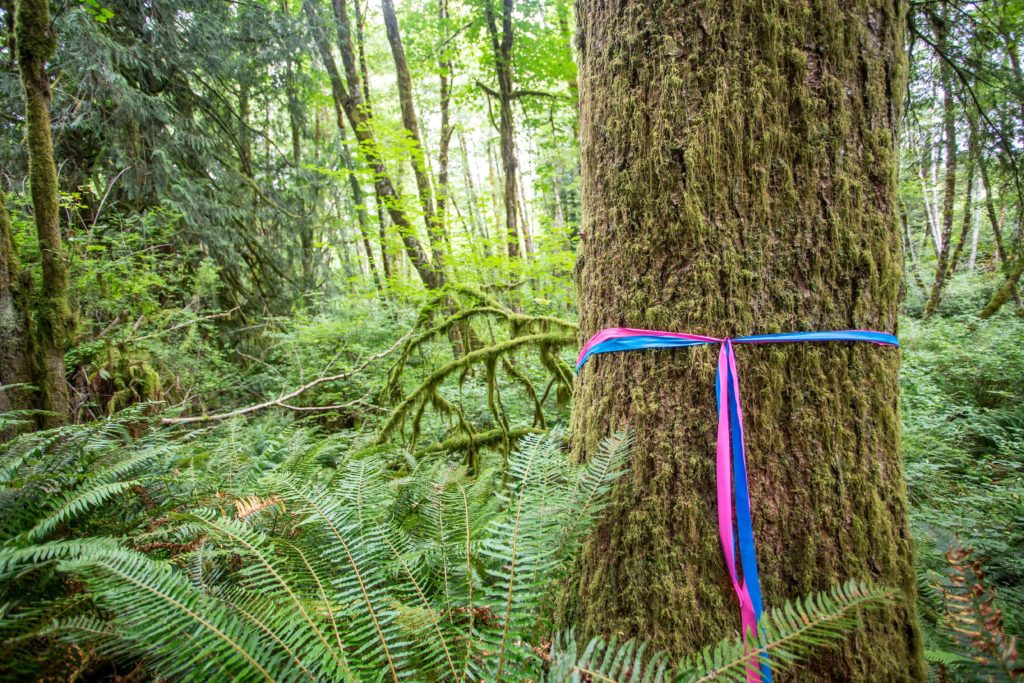The Oregon Board of Forestry, a seven-member board charged with making forest policy decisions and adopting rules that regulate public and private forests, plays a critical role in the management of one of our state’s most important natural resources. Two of the seven Board seats are currently up for re-appointment, and one is vacant. Currently, the regulated community has no representation on the Board.
Oregon Governor Kate Brown nominates these appointments, which are confirmed by the Oregon Senate. Click here to submit a letter to Governor Brown and Senate members urging them to restore balance to the Board by appointing a landowner who derives a significant portion of their income directly from regulated activities to the open Board seat.
The Board’s seven members make pivotal decision on management activities that are critical to the success of our rural businesses and the communities they support throughout Oregon. For example, the new draft riparian rules were predicated by the Board’s determination that to meet an arbitrary cold water standard, Oregon’s streams needed wider riparian buffers. The implementation of this new regulation will have enormous consequences for public and private forest landowners across the state who manage our forests to provide wildlife habitat, clean air and water, and renewable resources. The Board also recently directed the Department of Forestry to develop a plan to identify and protect Marbled murrelets after anti-forestry litigants sued the Board to force them to prioritize more stringent protections for a species whose populations are stable in Oregon.
The policy decisions made by the Board clearly have far-reaching impact, and as such, should be made with adequate input from relevant stakeholders. By Oregon statute, no more than three members of the Board may receive any significant portion of their income from the forest products industry – and there’s good reason for that: Oregonians are best served by a diversity of perspectives, including regulated and nonregulated interests.
In spite of that statute, not even one member of the current Board derives any significant portion of their income from activities subject to the Forest Practices Act.
It is impossible for the Board to adequately review and vote on regulations without the benefit of on-the-ground, practical knowledge of how those regulations will impact the many foresters, loggers and landowners who work in the woods every day. This is akin to a hospital board not having the input of a physician.
In order to avoid regulation without representation, it is absolutely critical that the current open seat on the Board of Forestry be appointed to a landowner who derives a significant portion of their income directly from regulated activities.
Please let Governor Brown and Senate members know the importance of this appointment by sending a letter here.

